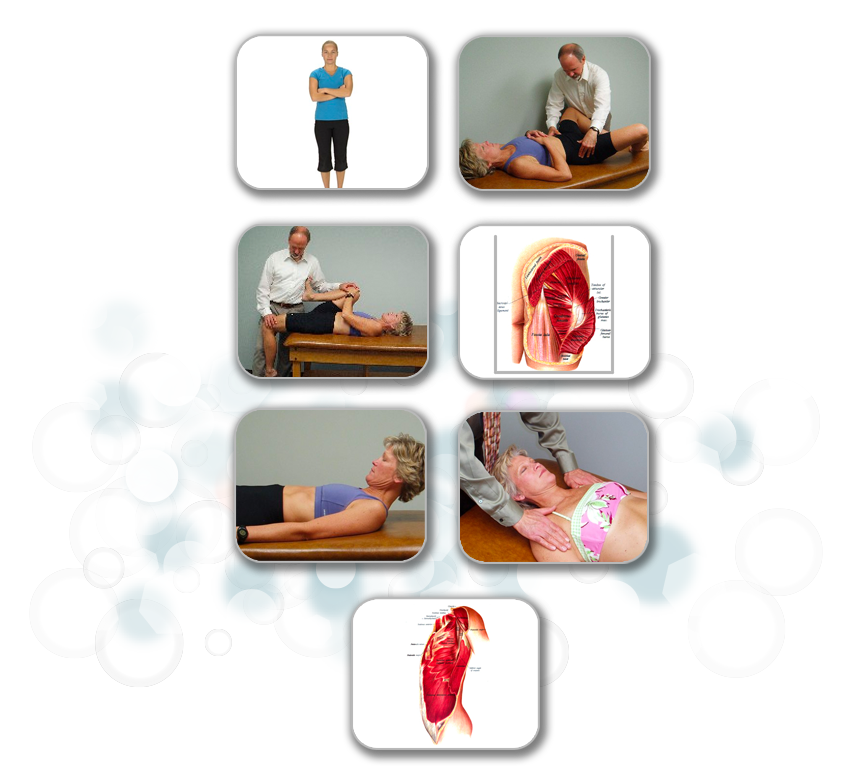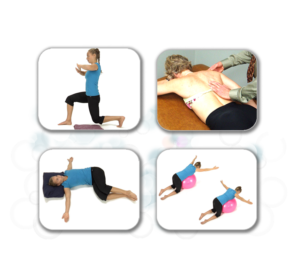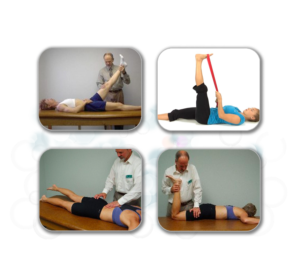Description
Module 1
An overview of the theory, rationale, and scientific support will be presented for identifying causes and treatment for muscle imbalances and lay the foundation for upper and lower quarter assessment and treatment strategies presented in future modules. Dr. Janda’s work regarding cross syndromes as well as tonic and phasic muscle systems will be reviewed.
Module 2
The practitioner will learn 10 functional movement tests for the lower quarter and how to identify common dysfunctional patterns and possible sources for abnormal afferent input to the musculoskeletal system leading to pain and loss of function. Dr. Janda’s lower cross syndrome in relation to abnormal muscle responses will be reviewed and correlated with movement tests. Future modules 3 and 4 will build on module 2 and cover the most effective manual therapy and self-directed home exercise program.
Module 3
Functional application and understanding for compensations and recurrent muscle tightness and how this leads to inefficient movement patterns will be outlined for the lower quarter. A thorough assessment of muscle length, neural tension, and joint mobility for common muscle imbalances of the spine, hip, and thigh will be reviewed and treatment strategies for addressing through manual stretching and mobilizations as well as self-directed HEP for the lower quarter.
Module 4
Muscles that are prone to inhibition/hypotonicity during the functional movement tests described in module 2 are identified and possible sources for their inhibition are presented. Therapist directed neuromotor retraining exercises are described that will help facilitate these inhibited muscle groups and home exercises that promote their re-activation are illustrated. Included in this module is the retraining of previously identified faulty movement patterns from module 2, finishing with recommended functional integration exercises for the lower quarter.
Module 5
The practitioner will learn 8 functional movement tests for the upper quarter and how to identify common dysfunctional substitution patterns. Possible sources for abnormal afferent input to the musculoskeletal system involving the upper quarter resulting in pain and a loss of function will be covered. Dr. Janda’s upper cross syndrome in relation to abnormal muscle responses will be reviewed and correlated with the movement tests. Future modules 6 and 7 will cover the most effective manual therapy and self-directed home exercise programs to normalize the previously noted dysfunctional movement tests found in this module.
Module 6
An understanding of the common compensation patterns seen with the functional movement tests resulting in recurrent muscle tightness/hypertonicity and how this leads to inefficient movement patterns will be outlined for the upper quarter. A thorough assessment of muscle length, neuro tension influences, and joint mobility restrictions involving the spine, shoulder, and upper extremity are described. Treatment strategies for each of these influences are addressed through illustrated manual stretching and mobilization techniques, each of which is followed by a self-directed home exercise program.
Module 7
Muscles that are prone to inhibition/hypotonicity during the functional movement tests described in module 5 are identified and possible sources for their inhibition are presented. Therapist directed neuromotor retraining exercises are described that will help facilitate these inhibited muscle groups and home exercises that promote their reactivation are illustrated. Included in this module is the retraining of previously identified faulty movement patterns from module 5, finishing with recommended functional integration exercises for the upper quarter.




Reviews
There are no reviews yet.